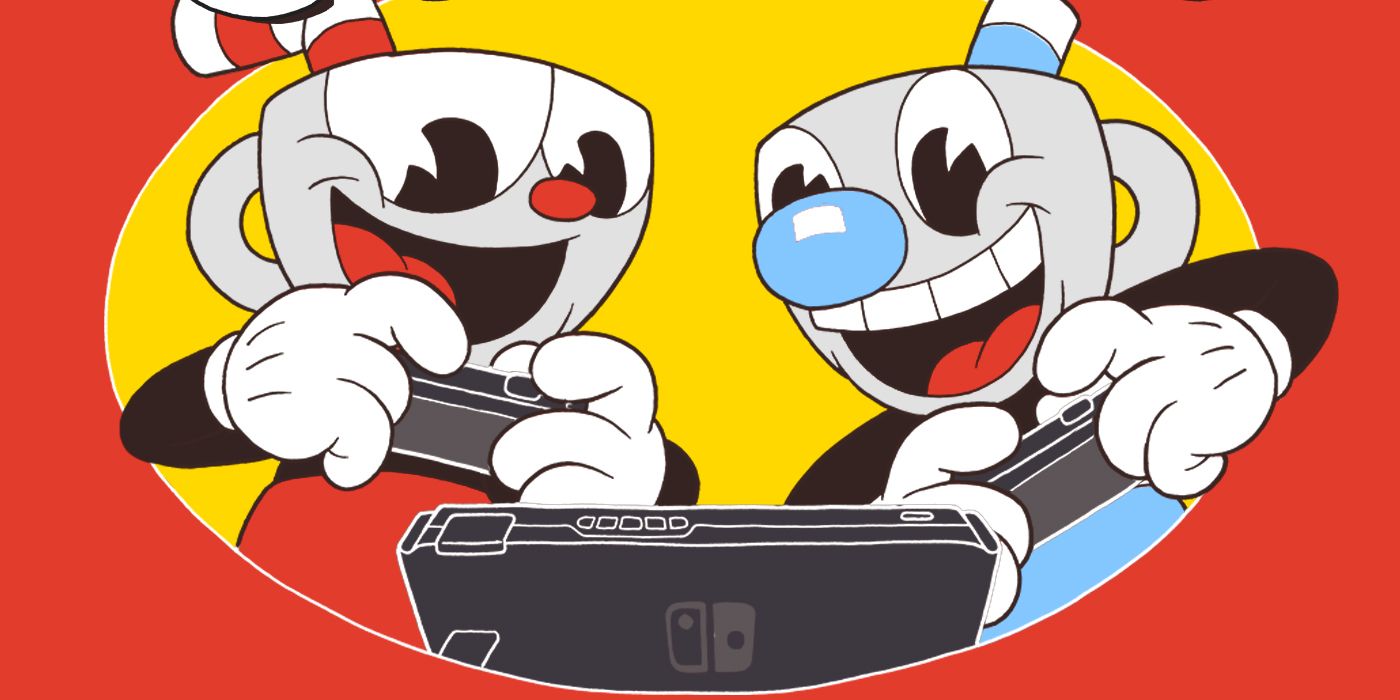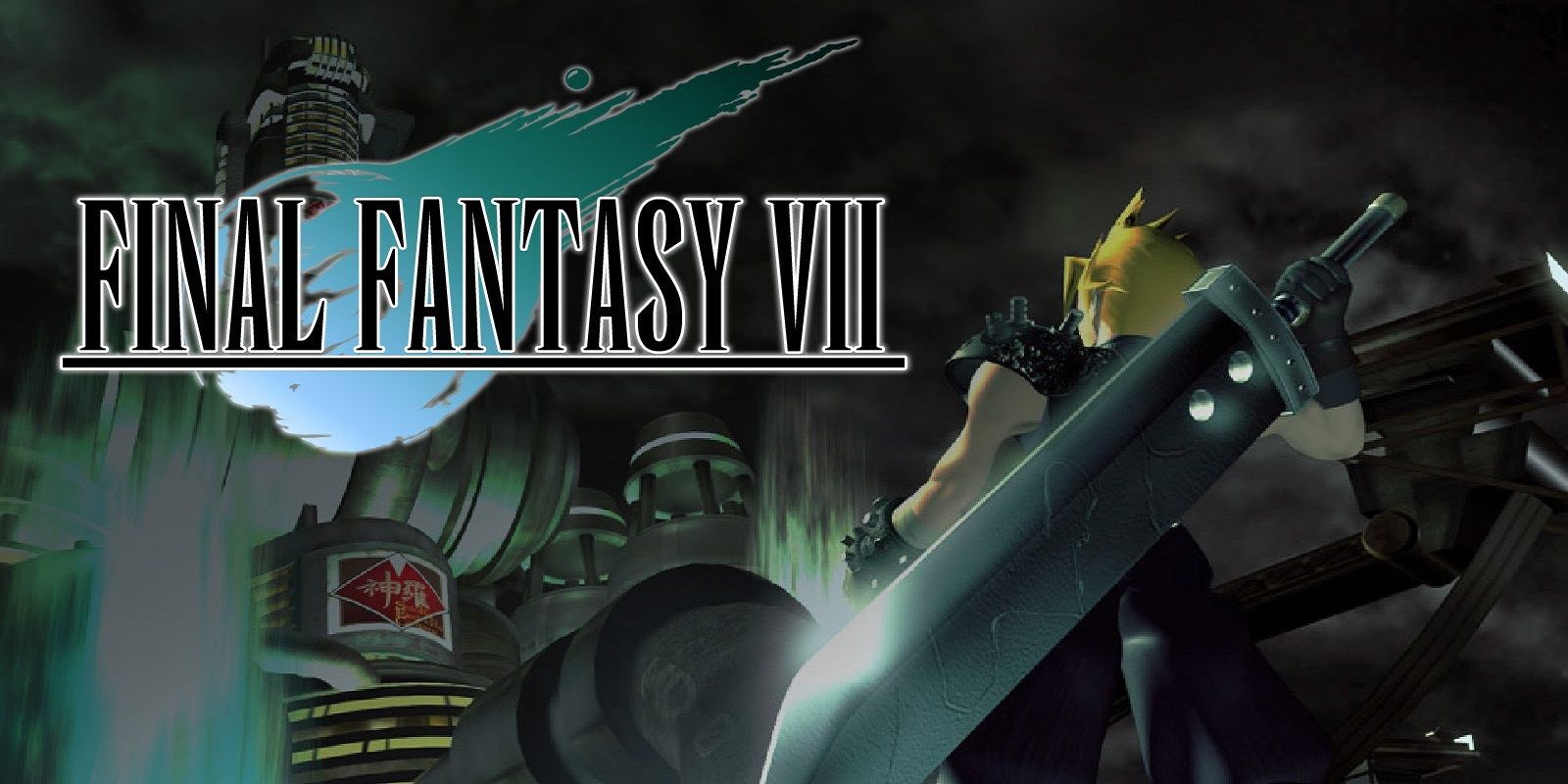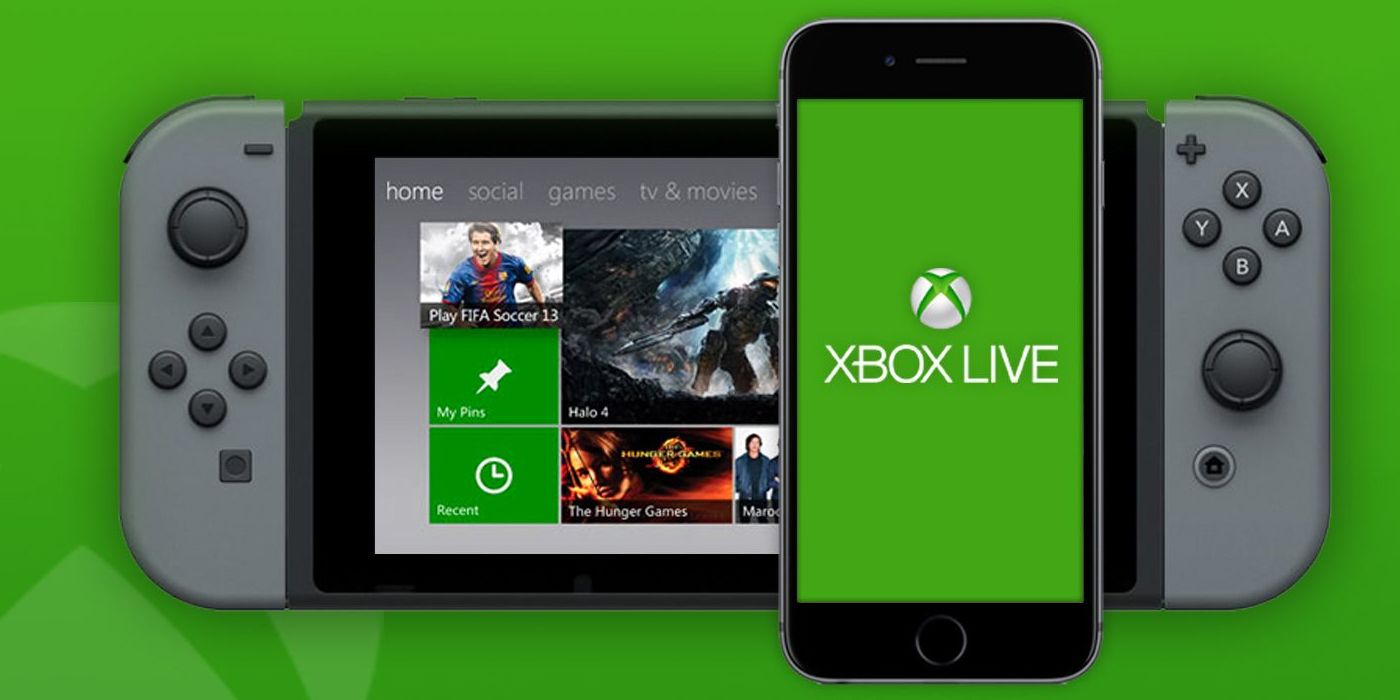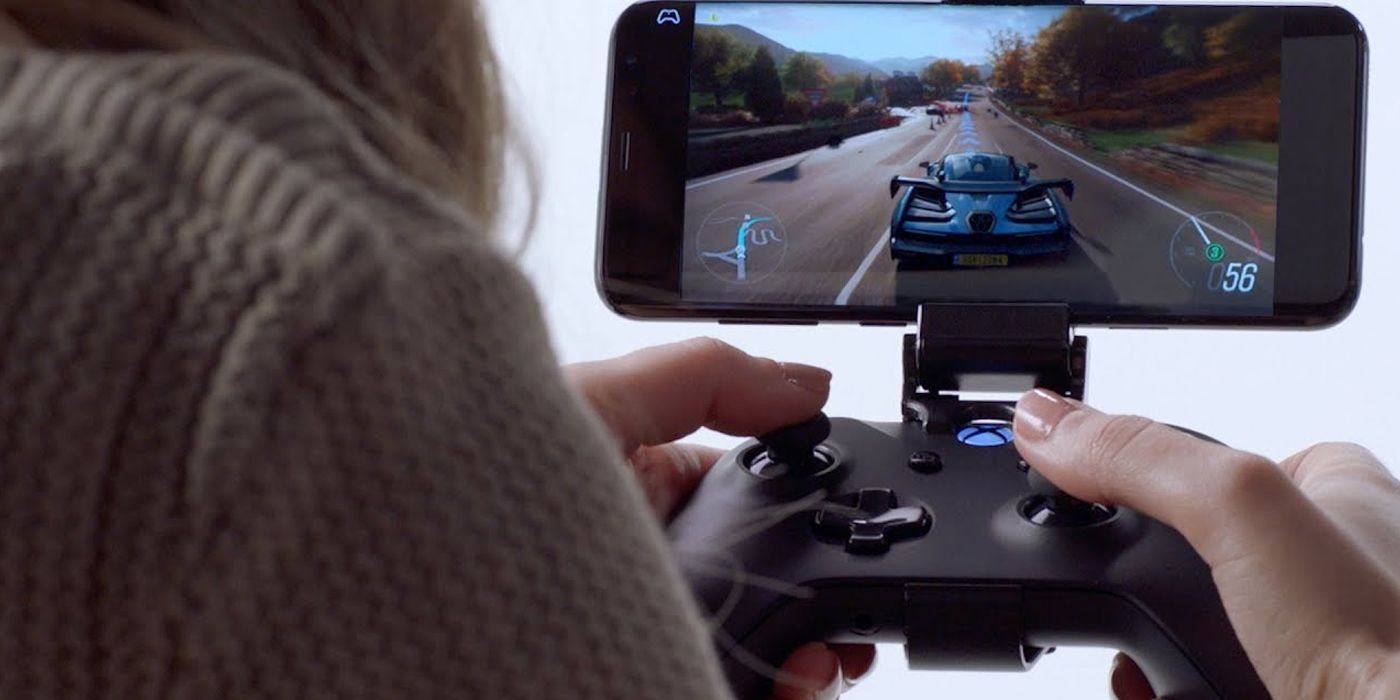Microsoft has defied gaming tradition recently, as it's started licensing formerly exclusive games to the Nintendo Switch. While releasing games like Cuphead and Ori and the Blind Forest on the Nintendo Switch might not seem like a big deal, this runs counter to the trend where hardware manufacturers like Microsoft produce console-exclusive games to entice gamers to pick up their respective consoles. This process also gives the manufacturers a larger share of profits than third party games would.
As Microsoft starts releasing games on the Switch, it may seem like this is simply meant to engender good will from consumers in the run-up to the release of the next generation Xbox. However, it's possible that Microsoft is gearing up to try a new model of business for the video games industry that could help gamemakers as much as consumers.
The Death of the Exclusive?
Exclusive games exist because companies want gamers to buy their consoles instead of other competing devices. While some in-demand console-exclusive games are developed in-house, game companies regularly pay for exclusive third party games, too. While that's seen franchises like Final Fantasy only released on Nintendo and Sony consoles, that trend has largely died out as companies realize the greater potential profits that can be had by releasing games on multiple current generation platforms.
While there are fewer and fewer third party exclusives, timed exclusives have risen in their place. With these exclusives, a game is only available on one platform for a time before being more widely released. While third party companies still gain the profits from making their game available to all, they also get some cash up front to make the game exclusive for just a little while. However, even this practice is becoming more uncommon, and timed DLC releases are taking its place in the gaming ecosystem.
THE BENEFITS OF SHARED EXCLUSIVES
If the time for manufacturers to buy third party exclusives is gone, the only way to make a AAA exclusive for a system is to develop it in-house. That's why Sony bought Spider-Man developer Insomniac Games and why Microsoft has purchased multiple studios.
Normally, this would be bad for consumers because it means that these games, which could've been multi-platform, might only be released on one console. However, that might not be the case if Microsoft continues to rewrite the rules of exclusivity.
There are a lot of benefits to doing what Microsoft seems to be doing. Since Microsoft owns these studios, it will take in more of the profits on that studio's future games, wherever they're released. Microsoft can also offset the money to takes to develop the game by selling the game to a wider player base. The studios can also rest soundly with the financial security of a big corporation that allows them to focus more in making a quality title than on the bottom line.
When a game company owns multiple studios, it also means that less is riding on one studio's game being a major success. This could make a company like Microsoft more willing to greenlight more obtuse ideas since it would own them entirely and has a greater chance to recoup the money it took to develop them. It also gives Microsoft more ways to regularly produce installments in dependable blockbuster franchises like Halo.
Gamers and consumers would also benefit from the end of traditional exclusivity. In addition to building up the company's brand, this allows gamers to play games that they normally wouldn't be able to play because they can't afford another console. If the Xbox playerbase originally ignored one of these games, the Nintendo base might like it more. These kinds of arrangements could set the stage for something like the return of Banjoo Kazooie on a Nintendo console.
THE STREAMING FUTURE OF GAMING
The biggest promise of these practices hasn't even come to fruition yet. Microsoft is developing a game streaming service called Project xCloud. Like the Google Stadia, it allows players to play games through a streaming service, without specific consoles or hardware.
For the moment, it means that crossplay will be available between devices like the Xbox, PCs and even phones, according to one demo. However, this could easily be expanded to include all types of devices, with as much market penetration as Netflix apps.
That could even include competing consoles. While the idea of playing an Xbox exclusive like the Halo franchise on a device like the Nintendo Switch is jarring, it could radically lower the barrier to entry for gamers who just want to play one Microsoft game.
Those who still want to play on hardware can purchase it for the new Xbox, and they might even be able to play a better running version of the game. But the person who just wants to see what the big deal is about the new Gears of War game can load up their device, sync a controller and play it via a subscription service they already pay for.
This gives Microsoft and its studios all the benefits of an exclusive and being on multiple platforms simultaneously. It also does the same for gamers. Through this method, the idea of an exclusive or at least an Xbox exclusive is ostensibly dead. This could be an idea that's changes how games are sold in this industry.




